Kel and I saw Captain America together and it ignited an interesting conversation about the darkness of heroes.
Captain America first appeared in comics in 1941 and like Superman (who first appeared in 1938) he was a product of an entirely different generation than what we know today; a reflection of a time when heroes were stalwart and true and always good. They were simpler heroes unruffled by moral ambiguity. The comic genre evolved in the late 1950’s when Stan Lee gave his heroes a flawed humanity. It wasn’t just villains that the X-Men and other heroes struggled with, it was vices within themselves: pride and revenge and self-doubt and fear and things that Captain America and Superman were never bothered with.
The challenge that has arisen in the last decade or so is how do you take characters with a rather simple, altruistic nature and adapt them for a post-modern audience.
Smallville was the first true evolution we saw of such an idealistic character. The original Superman reflected the Depression era that he arrived in. His responsibilities reflected community over individualism. He was always in control of himself, rarely impulsive and never irrational. Superman was also seen as a messiah figure, falling from heaven to protect Earth and humanity.
Smallville attempted to take the Superman character and give him depth and anguish. Kal-el’s rocket ship heralded a showery maelstrom of Kryptonite debris that struck Smallville; killing people and altering many of the citizens of Smallville in a way that continues to wreak havoc. Lex Luthor is also caught in the path of destruction and is changed in subtle ways.
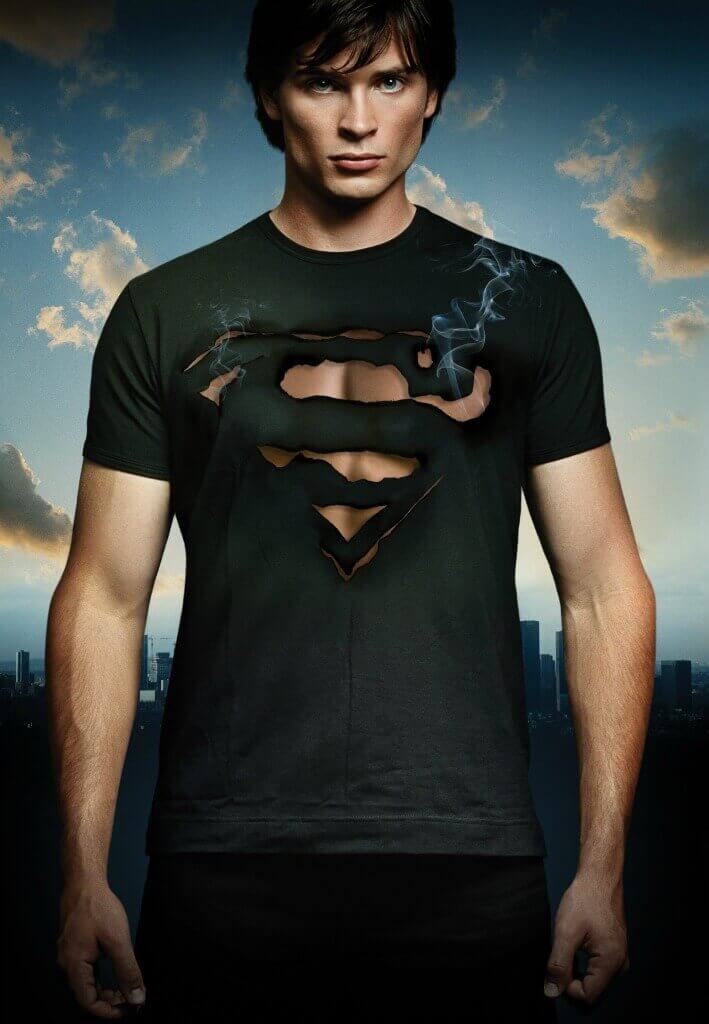
Clark’s goodness didn’t come from a stale vision we had of heroes in the 1930’s and 40’s. Instead, it was laced with sacrificial blood; his arrival was heralded by destruction, the people he saved were often in pain as an indirect result of his existence on our planet. He was no longer a simple messiah, he was a savior-destroyer. The responsibility he carried to protect humanity wasn’t about protecting this planet since he’d already suffered the loss of another; it was a reflection of the man Jonathan Kent taught him to be, a recompense in part for his arrival and the impact that Krypton has already had here on Earth.
That awakening and accepting of his responsibility was an attempt to create dimensions within the Superman character that could have been fascinating, and much more interesting than a cereal box hero. Which was all great in theory, but the execution didn’t resonate as powerfully or darkly as it could have.
The question is, can Joss Whedon take similar cardboard characters and give them the depth and anguish he’s known for?
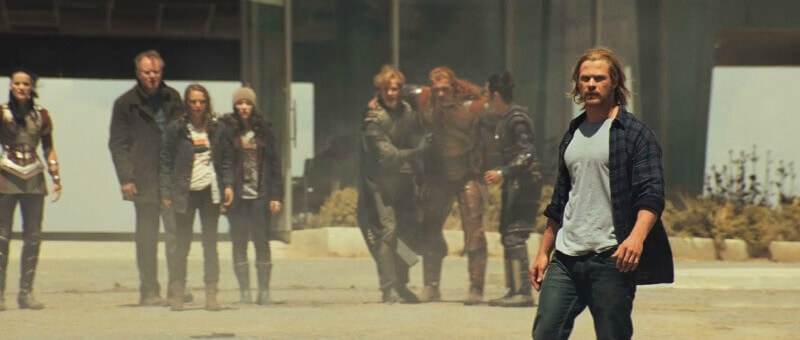
Thor was forced to confront his pride but then found his humanity in love and humility. Can he now learn to play with others in a team?
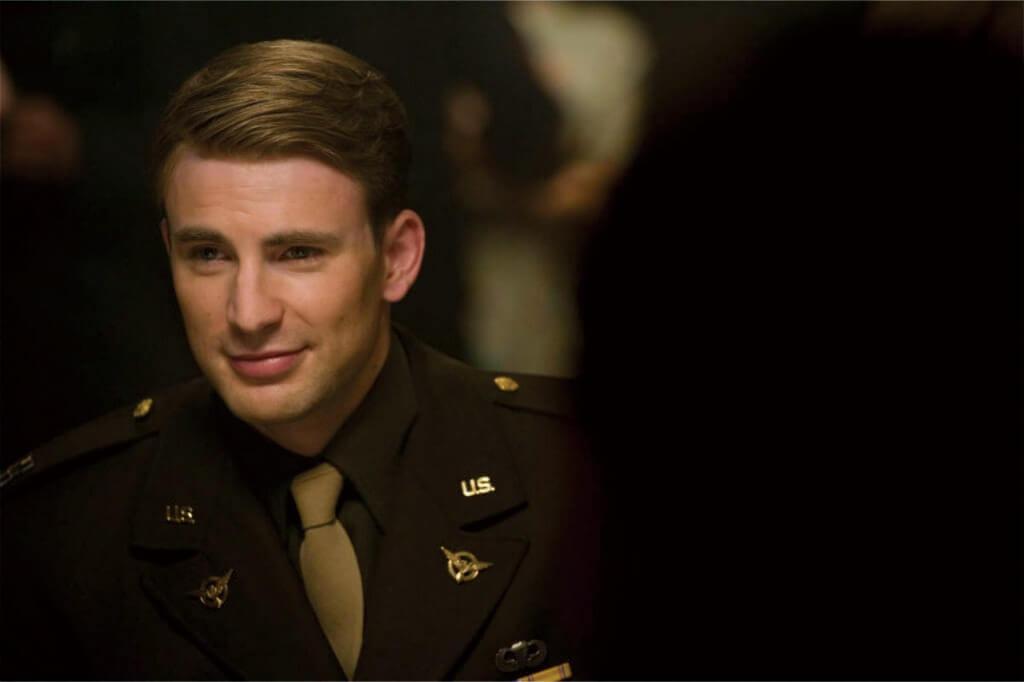
Captain America overcame his brief struggle with his physical inabilities to become the dauntless hero we recognize. With his time shift he will likely have problems adjusting and memories to struggle with but will that be enough?
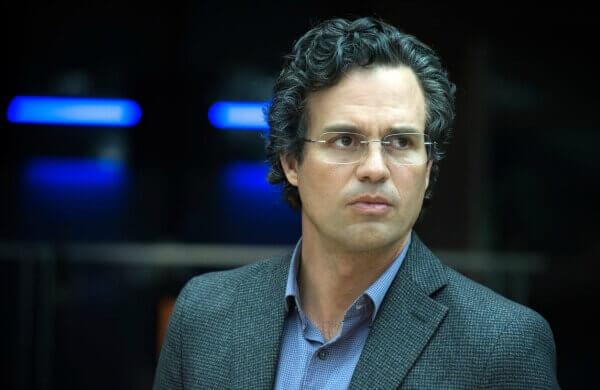
Hulk has always been plagued by his anger which is also what gives him his strength. He has a darkness to wrestle with but what Bruce Banner becomes is more beast than man so it’s difficult to bring depth to that.
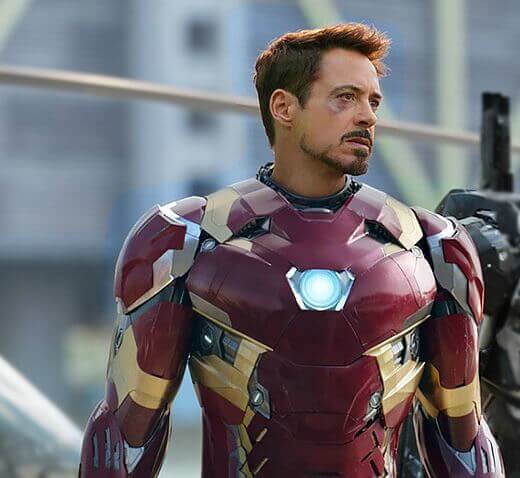
Iron Man, of all the heroes with an individual movie, has been personified the best because Tony Stark’s character is so irresponsible and cavalier it’s almost harder to see the hero in him than the playboy.
Can these characters be given enough dimension to keep them exciting and interesting beyond the action and visual effects elements? Or, maybe the question of this blog is really, is it that a post-modern audience won’t accept heroes without darkness because we don’t believe it or because we don’t find it interesting?